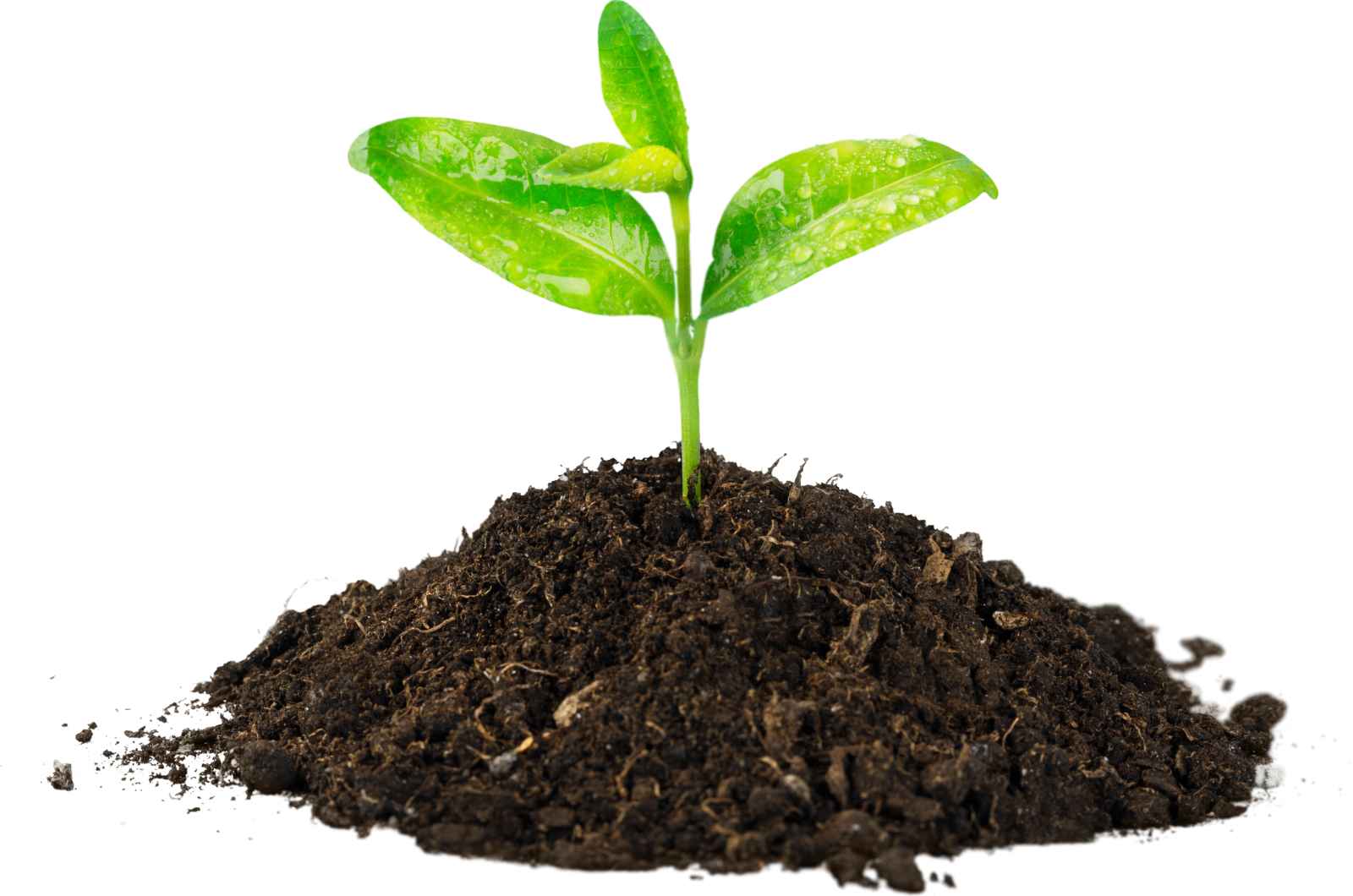?Who is Plant-Ditech
When you think about the future of agriculture, you probably imagine advanced technologies that help us grow more food with fewer resources. Plant-Ditech is an Israeli company that does just that. It was founded by Professors Menachem Moshelion and Roni Wallach from the Hebrew University of Jerusalem, who are world-renowned experts in plant physiology under water stress and in soil and water sciences.
Their goal was to combine their expertise to significantly impact future food production, especially in light of global climate change. They have developed advanced processes and technologies to improve crop yields, especially under stress conditions.
plant-ditech provides plant phenotyping systems and software that enable scientists, breeders, and researchers in the field of agriculture to ensure agricultural growth. These systems enable rapid and automated processing and analysis of large amounts of phenotypic data, providing in-depth insights into plant-environment interactions, while shortening research and development time and time to market.
How does Plant-Ditech's Plantarray system work?
Plant-Ditech's Plantarray system is an advanced, fully automated, multi-sensor platform designed for high-throughput plant phenotyping. It provides researchers with real-time insights into plant physiological characteristics and their interactions with environmental conditions. Let's dive in to understand how it works:
Gravimetric-based monitoring: The system continuously measures the dynamic water flux within the soil-plant-atmosphere continuum (SPAC). This includes water uptake by roots, transpiration through leaves, and water release into the atmosphere, providing a comprehensive view of the plant's water balance. Essentially, the system tracks every drop of water the plant takes in and emits, allowing you to understand exactly how the plant behaves under different conditions.
Measuring physiological characteristics: The system measures a wide range of important physiological characteristics, including:
- Biomass accumulation (growth rates): How much the plant grows and develops.
- Water use efficiency: How much water the plant needs to produce biomass.
- Stomatal conductance: How open or closed the stomata are in the leaves, which affects transpiration and gas exchange.
- Root water activity: How much water the roots can absorb.
- Transpiration rates: How much water the plant loses through the leaves.
These measurements allow for accurate assessment of plant responses to various stress conditions such as drought, salinity, or nutrient deficiency. For example, if you want to test how a particular strain of wheat responds to drought, the system can give you accurate data on transpiration rate, water use efficiency, and growth rate, helping you understand which strain is most resistant.
Real-time automatic feedback:
- The system integrates automatic irrigation control and environmental monitoring to maintain optimal conditions for each plant.
- A feedback mechanism ensures consistent and accurate treatment for each plant throughout the experiment.
This means that you can set the desired conditions, and the system will take care of maintaining them automatically. This saves you time and effort, and ensures that your experiment is as accurate as possible.
Data analysis integration:
- Plantarray uses SPAC analysis software to process data from multiple sensors in real time.
- This enables advanced statistical analyzes (e.g., ANOVA) and graphical visualization of experimental results.
The analysis software helps you turn raw data into meaningful insights. It can identify patterns and trends, and help you understand the physiological responses of plants in a deeper way. The system identifies physiological changes in plants long before they are visible to the eye, and offers early insights into responses to stress or nutritional deficiencies. For example, if you are testing the effect of a new fertilizer on tomato growth, the system can identify an improvement in growth rate or water use efficiency even before you see a visual difference between the plants.
One of the great advantages of the system is its ability to identify problems early. For example, if a particular plant has a nutrient deficiency, the system will alert you to it even before you can see visual signs of the deficiency. This allows you to treat the problem in time and prevent damage to the crop.
In short, the Plantarray system combines precise water monitoring, comprehensive physiological measurements, automation of environmental conditions, and advanced data analysis to provide you with a complete picture of how your plants are performing. If you want to dive deeper and see the benefits of the system, you are welcome to check out the Plantarray system.
What are the applications of Plantarray?
The system not only measures, it also helps you improve agriculture. It enables testing of plant resistance to stress conditions such as water scarcity or salinity, and identifies traits that give the plant resistance. In addition, it helps optimize irrigation and fertilizer use by analyzing efficiency metrics, and allows for higher yields with minimal resources. The system also accelerates breeding programs by rapidly assessing yield potential and stress resistance, and shortens the development time of new varieties.
What are the advantages of Plantarray?
So why choose Plantarray? The most obvious advantage is its high throughput. The system allows simultaneous analysis of many plants, which significantly shortens research and development time. In addition, the non-invasive and accurate measurements ensure high reliability of the data.
Another advantage is the strong correlation between the system's results and the results in the field, which makes it a practical and effective tool for agricultural research. It is also fully automatic, which means that it controls, measures and analyzes data independently. Real-time insights allow you to make informed decisions and make adjustments on the fly. In short, Plantarray is not just a measurement tool, it is your partner for advanced and efficient agricultural research.
